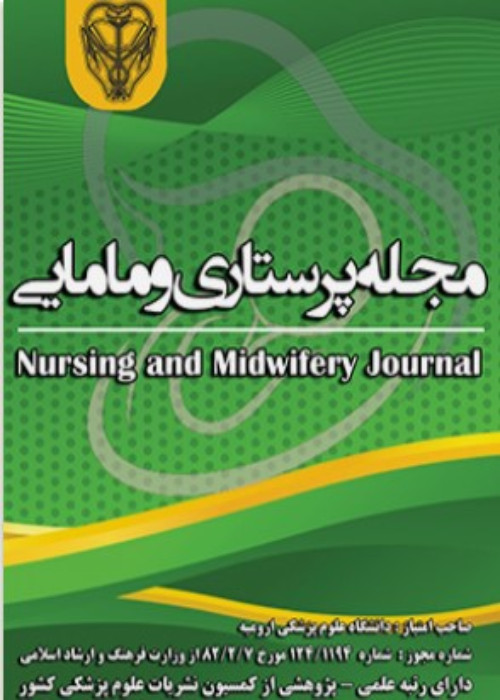COMPARISON OF EFFICIENCY OF EPIMAX S AND EPIMAX SC DISINFECTANTSON BACTERIA CAUSING INFECTIONS IN INTENSIVE CAREUNITS
Author(s):
Abstract:
Background and Aims
Nosocomial infections cause death, increase costs and the patient’s length of stay in hospital. Proper use of disinfectants and anti-septics have an important role in reducing infections. The aim of this study was the evaluation of efficacy of Epimax S and Epimax SC disinfectants in intensive care units (ICU) of Urmia Imam Khomeini Hospital. Materials and Methods
In Thiscross-sectionalstudy, 672 samples were collected from different surfaces and medical equipments of intensive care units before and after disinfections. Cultured samples were identified using differentiation and biochemical standard methods. The results were analyzed using SPSS and Excel softwares. Result
Culture results of samples prior to disinfection of surfaces and equipment, showed that Contamination of the samples to different bacterial strains in intensive care units including 40% Staphylococcus saprophyticus, 29.2% Staphylococcus aureus, 18.17% Klebsiella, 6.17% E. coli, 4.34%, Staphylococcus epidermidis, and 2.17% Proteus. Laboratory studies showed that all the strains present in the samples are destroyed after disinfection by Epimax S with a concentration of 3% and contact time of 30 minutes, while Klebsiella was able to grow after disinfection with a concentration of 2% Epimax SC (recommended maximum concentration by manufacturer) and contact time of 30 minutes. Conclusion
There are significant difference between Epimax S and Epimax SC in hospital infection. According to the results, Epimax S of 3% with contact time of 30 minutes recommended control for prevention of nosocomial infections, especially in the intensive care unit, compared to Epimax SC. It is recommended that proper selection of disinfectants and disinfection procedures, elimination of environmental reservoirs of infection and the patients talent and experience at risk for nosocomial infections are evaluated for the prevention and control of hospital infections.Environmental health principles continuing education of hospital staff should be one of the operational programs of hospital infection control committee.Keywords:
Language:
Persian
Published:
Journal of Urmia Nursing And Midwifery, Volume:10 Issue: 6, 2013
Page:
867
magiran.com/p1097512
دانلود و مطالعه متن این مقاله با یکی از روشهای زیر امکان پذیر است:
اشتراک شخصی
با عضویت و پرداخت آنلاین حق اشتراک یکساله به مبلغ 1,390,000ريال میتوانید 70 عنوان مطلب دانلود کنید!
اشتراک سازمانی
به کتابخانه دانشگاه یا محل کار خود پیشنهاد کنید تا اشتراک سازمانی این پایگاه را برای دسترسی نامحدود همه کاربران به متن مطالب تهیه نمایند!
توجه!
- حق عضویت دریافتی صرف حمایت از نشریات عضو و نگهداری، تکمیل و توسعه مگیران میشود.
- پرداخت حق اشتراک و دانلود مقالات اجازه بازنشر آن در سایر رسانههای چاپی و دیجیتال را به کاربر نمیدهد.
In order to view content subscription is required
Personal subscription
Subscribe magiran.com for 70 € euros via PayPal and download 70 articles during a year.
Organization subscription
Please contact us to subscribe your university or library for unlimited access!


